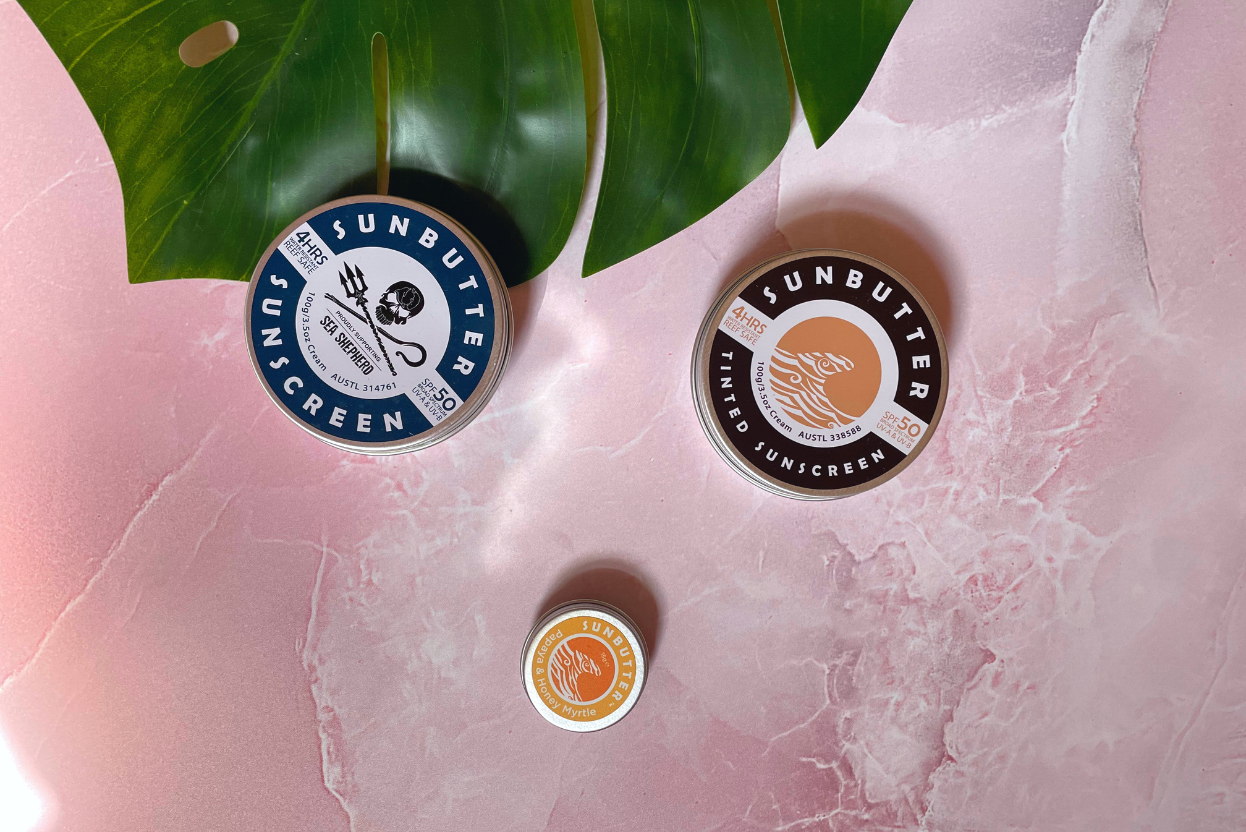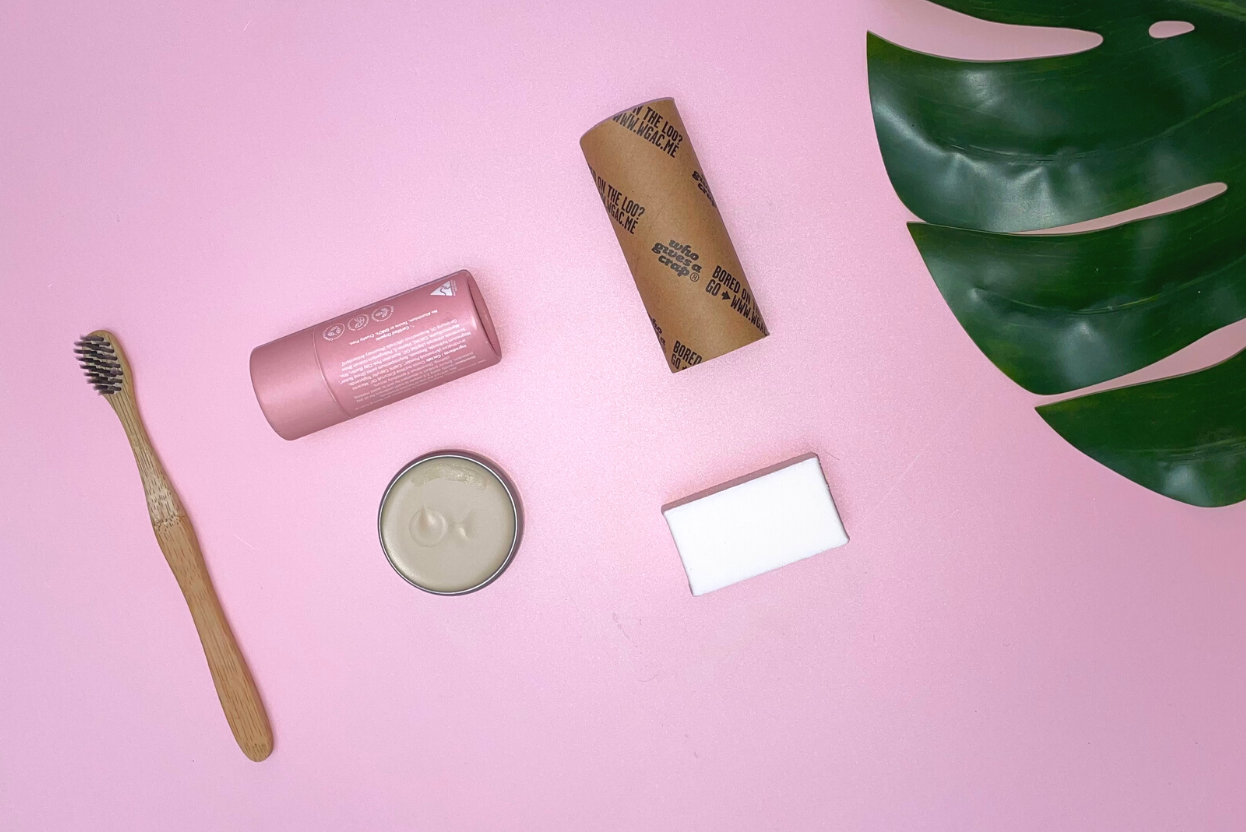I watched Blue The Film last night, and within the first twenty minutes, I felt every emotion possible; fear, sadness, anger, joy, disgust, surprise, shame, pity, grief… and I even contemplated becoming vegan. To say that the story of Blue The Film is an education is an understatement.
I have always been a mindful consumer; from my days running recycling programs in primary school, to my love of op-shopping in my teens, and my shift from fast fashion to slow fashion in my twenties. Sustainability is a word that I’ve always known, and I’ve always been sustainable in my own lifestyle, give or take a few things here and there. No one’s perfect, I’m far from it, but I’ve always tried to do better every day.
I’ve known for years that single-use plastic is a beast, but until last night, I didn’t realise just how far-reaching and heart-breakingly destructive it has become. Plastic can now be found in every corner of the globe from Australia to the North Pole. The straws we all used when we kids, the Chupa Chup sticks we threw ‘away’, the pen lids we’ve lost – it’s all still on this earth, somewhere. All the plastic that’s ever been produced still exists and a whole lot of it is floating around in the ocean.
Blue The Film is not just about the 8 million tons of plastic being dumped into the ocean every year though, it’s also about overfishing and ocean change. In three decades, it's been predicted there will be more plastic in the sea than fish, which dramatically changes the balance of the ecosystem. Fish are eating plastic, and we’re eating the fish, too much of it too. Fish populations of some key species have been reduced to only 10% of what they were in the 1950s. Up to a third of the fish we buy in supermarkets is caught illegally, and 80% of the world's fish stocks are already fully exploited. In the last forty years, half of all marine life has disappeared. Oceans are becoming warmer, sea levels are rising, and the increase in carbon dioxide has started a process of acidification in our ocean. To date, we have lost 27% of the world’s coral reefs.
These are the cold hard facts, and they’re hard to swallow. They’re even harder to face when you’re sitting in a cinema confronted by the visual impacts of it all – but this is something you have to see for yourself.
We’ve created this plastic mess, but we can change it. If you’re not already using reusable shopping bags, a reusable coffee cup, or a metal straw, that's a great place to start if you want to have an impact. If you’re into changing a few more lifestyle habits for the greater good, you can also check out take3.org and watch bluethefilm.org.
The Fashion Advocate x




